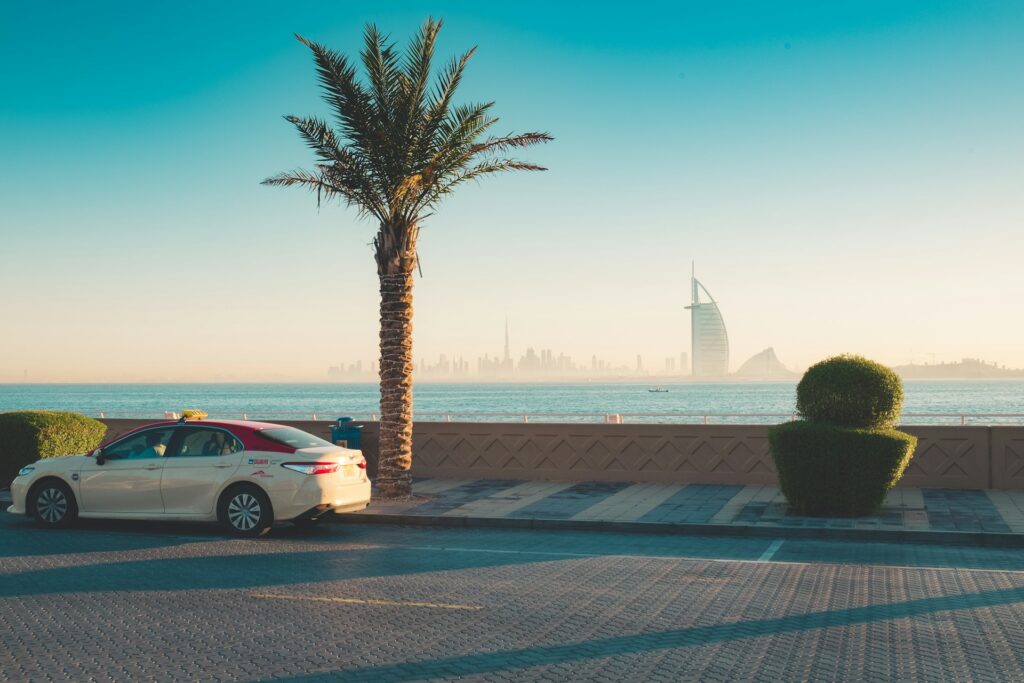Pakistan’s economy has witnessed remarkable growth over the past decade, with urban development, infrastructure expansion, and a burgeoning middle class contributing to an environment ripe for business growth. As cities evolve and commerce diversifies, the concept of dedicated business hubs has gained traction, offering investors, entrepreneurs, and corporations the ideal conditions to thrive. These hubs are no longer mere clusters of offices; they represent strategic ecosystems designed to foster innovation, streamline operations, and boost economic activity across the country.
Urbanization and Its Impact on Business Growth
Urbanization is one of the primary factors driving the demand for business hubs. Pakistan’s major cities, particularly Islamabad, Lahore, and Karachi, have seen exponential growth in population and urban sprawl. As the population in these cities rises, so does the need for organized commercial spaces that can accommodate both traditional businesses and emerging industries such as IT, e-commerce, and fintech. Business hubs provide centralized locations where companies can operate efficiently, with easy access to transportation networks, utilities, and other essential services.
Moreover, urban centers are attracting a younger, more educated workforce that prefers to work in modern environments. This demographic shift has increased demand for business hubs that are equipped with contemporary facilities, coworking spaces, and flexible office layouts. Entrepreneurs and startups, in particular, benefit from these hubs, as they offer not only office space but also networking opportunities, collaboration potential, and proximity to clients and suppliers.
Infrastructure Development as a Catalyst
Infrastructure development is another key driver behind the growth of business hubs in Pakistan. Projects like the China-Pakistan Economic Corridor (CPEC) and city-specific infrastructure initiatives have significantly enhanced connectivity and accessibility. Well-planned road networks, improved public transport, and proximity to airports and railway stations make commercial areas more attractive to investors and companies alike.
Investors are increasingly looking for locations where infrastructure development promises higher returns on investment. Areas with proper roads, utilities, and urban planning tend to attract both local and international businesses, ensuring sustained demand for commercial properties. As a result, developers are focusing on building modern business hubs with state-of-the-art facilities that cater to these needs.
The Shift Toward Planned Communities
Another notable trend is the shift toward planned communities that integrate commercial, residential, and recreational facilities. These communities are designed to create a balanced environment where residents can live, work, and relax in close proximity. Planned communities often incorporate business hubs that serve as the economic backbone of the area, attracting businesses that benefit from the convenience of nearby residential populations.
For example, well-organized commercial plots within planned sectors not only facilitate business operations but also ensure that the surroundings remain aesthetically appealing and environmentally sustainable. This approach to urban planning helps maintain long-term property values and attracts high-quality tenants who are willing to pay a premium for well-maintained and strategically located commercial spaces.
High Demand for Strategic Commercial Locations
The rising demand for business hubs is closely linked to the need for strategic commercial locations. Companies increasingly prefer locations that are not only central but also well-connected to major residential areas and transportation hubs. Such locations enable smoother logistics, easier client access, and enhanced visibility for businesses.
An excellent example of a high-potential commercial investment can be found in developments like Faisal Town Phase 2 Sector O Commercial Plots. Strategically located, these plots offer investors and business owners a prime opportunity to capitalize on the growing demand for commercial space in well-planned sectors. The accessibility, modern infrastructure, and surrounding residential density make it an ideal location for retail outlets, offices, and service-oriented businesses.
Economic Diversification and Entrepreneurship
Pakistan’s economy is diversifying rapidly, moving beyond traditional sectors like agriculture and textiles into technology, services, and financial industries. This diversification fuels the need for specialized business hubs that cater to different types of enterprises. Tech startups, for instance, require access to high-speed internet, modern office infrastructure, and collaborative workspaces, all of which are typically offered in contemporary business hubs.
Entrepreneurship is also on the rise, driven by a young population eager to establish their own businesses. Government initiatives, incubator programs, and startup-friendly policies have encouraged the establishment of new ventures. Business hubs offer these entrepreneurs not just office space but a supportive environment where they can network, access mentorship, and engage with like-minded professionals.
Commercial Hubs as Drivers of Local Economies
Business hubs do more than just provide space—they stimulate local economies. By attracting a concentration of businesses, these hubs create employment opportunities, increase foot traffic to nearby services, and encourage ancillary developments like hotels, restaurants, and retail outlets. Over time, the presence of a thriving commercial area can transform an entire neighborhood, leading to improved infrastructure, higher property values, and increased municipal revenues.
The multiplier effect of business hubs is evident in many of Pakistan’s urban developments. Areas with well-planned commercial plots attract a diverse mix of businesses, from multinational corporations to local startups, creating a dynamic economic environment. Residents benefit from greater access to services, job opportunities, and lifestyle amenities, making these hubs integral to the overall growth and prosperity of the city.
The Role of Private Developers
Private developers have played a crucial role in meeting the growing demand for business hubs. By offering thoughtfully designed commercial plots and modern office complexes, they bridge the gap between urban planning and market demand. Many developers now focus on creating mixed-use developments, combining offices, retail, and leisure spaces in one cohesive environment.
High-quality development not only attracts businesses but also ensures sustainable growth. Investors are increasingly seeking areas where the developer has a track record of timely delivery, quality construction, and adherence to urban planning guidelines. This trend underscores the importance of reliable developers in shaping the future of commercial real estate in Pakistan.
Future Outlook
The demand for business hubs in Pakistan is expected to continue its upward trajectory. As cities expand and the economy diversifies, the need for strategically located, well-planned commercial spaces will only grow. Areas offering a combination of accessibility, modern infrastructure, and proximity to residential populations will attract the most interest from investors and businesses.
In addition, technological advancements and changing work patterns, such as the rise of hybrid offices and remote work, will influence the design and functionality of business hubs. Flexible office spaces, coworking areas, and technology-enabled environments will become increasingly important to meet the evolving needs of businesses.
Conclusion
The rise of business hubs in Pakistan reflects a broader trend of economic modernization and urban development. These hubs are more than just commercial spaces—they are engines of growth, innovation, and employment, shaping the future of cities and providing opportunities for investors, entrepreneurs, and the workforce alike. Strategic investments, such as Faisal town phase 2 sector o commercial plots location, exemplify how well-planned commercial areas can meet the growing demand for business space while contributing to overall economic growth.
With continued urbanization, infrastructure development, and entrepreneurial activity, the demand for business hubs is set to remain strong, making commercial real estate a critical component of Pakistan’s evolving economic landscape. For investors and business owners alike, the key lies in identifying locations with strategic advantages, robust infrastructure, and a supportive business ecosystem—ensuring that they are well-positioned to benefit from the country’s ongoing economic expansion.



